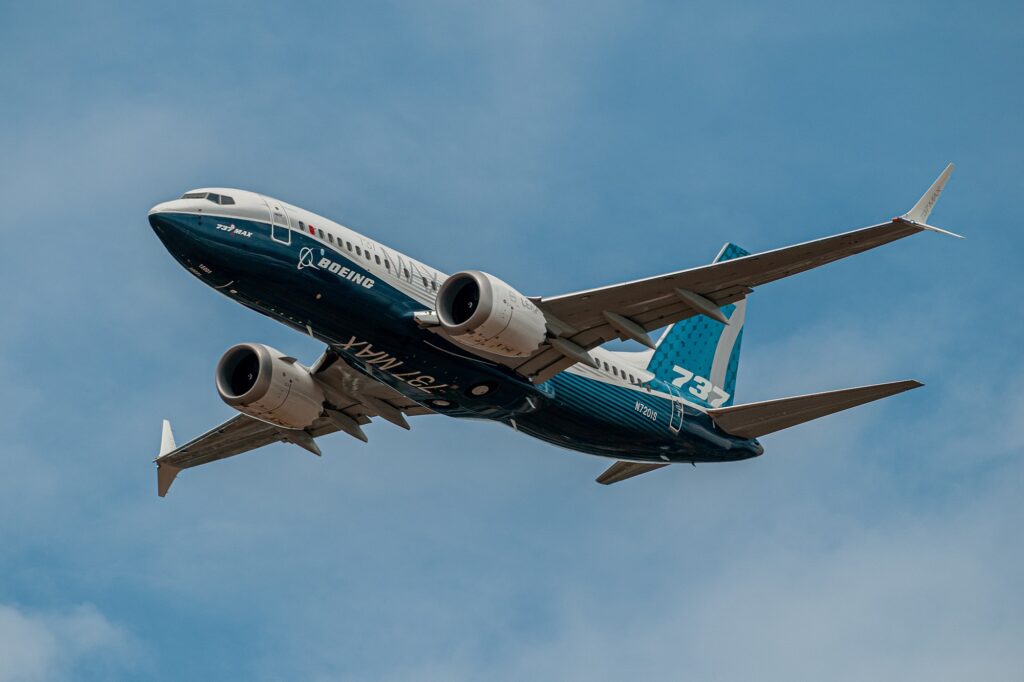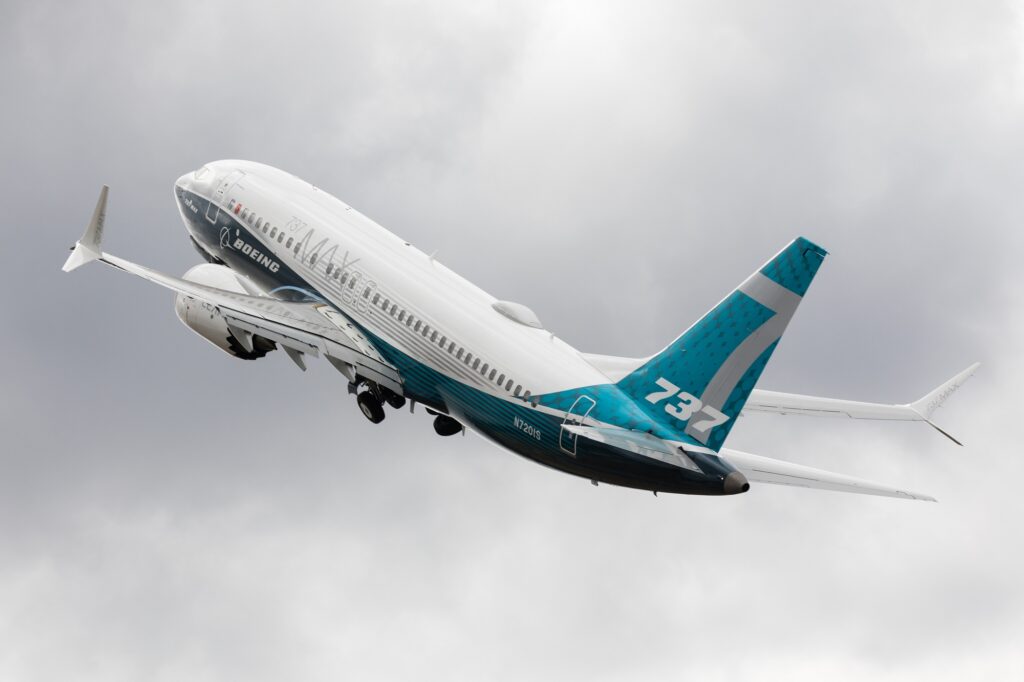The Federal Aviation Administration has said it has no “specific timetable” to certify the Boeing 737 MAX 7, according to a report published by the Reuters news agency. This is despite industry expectations to the contrary, which had been anticipating that certification of the newest model of the hugely successful Boeing 737 family would occur by the end of 2023.
FAA Administrator Michael Whitaker told reporters that the agency will certify the smallest variant of the MAX family when “we have all the data that we need, and it is safe.”
Whitaker was keen to add that he is making sure he is getting briefed “on status, to understand the issues that are arising in that process” on both the 737 MAX 7 in addition to “other projects.” One of those other projects includes the certification process for the MAX 7’s larger stablemate, the Boeing 737 MAX 10.
Boeing is in the process of seeking a regulatory exemption to certain regulations concerning both the MAX 7’s engine nacelle inlet structure and engine anti-ice system. This is despite these being virtually identical to those used on the 737 MAX 8 variant which has been in commercial service since May 2017.
The exemption being sought by Boeing would last until May 31, 2026, and would allow for 737 MAX 7 certification to be granted in advance of Boeing making design changes for both systems.

These changes are required to fix issues that have arisen whereby the potential overheating of the engine anti-ice system could cause structural damage to the engine nacelle itself. The FAA is continuing in its process to accept further comments on the proposed exemption from Boeing and other parties until December 26, 2023.
“These issues are being worked and that will continue,” Whittaker stated. However, Boeing declined to comment on whether the schedule for MAX 7 certification projections had changed.
“We will follow the lead of the FAA as we work through the certification process. The FAA will determine when all certification requirements are met,” said Boeing in a statement.
Meanwhile, Southwest Airlines, the launch customer for the MAX 7 with a whopping 302 of the smallest MAX family members on order, said in November 2023 that it still expects certification for its newest aircraft type by April 2024.
Taking a more cautious approach
The FAA’s cautious approach to certification of both the MAX 7 and MAX 10 is understandable. The agency came in for a huge amount of criticism and scrutiny following its certification of the 737 MAX 8 in March 2017.
In October 2018, a Lion Air MAX 8 crashed with the loss of all 189 passengers and crew. This accident was followed by the loss of an Ethiopian Airlines MAX 8 in March 2019 with the loss of a further 157 lives.
Both crashes were caused by issues involving the flight control computers installed on the new MAX 8 that the FAA had certified as safe. The FAA was subsequently criticized by authorities which stated that the agency had bowed to pressure from Boeing to certify the aircraft before it had been fully tested.
In late 2020, following the criticisms made against the FAA following the MAX 8 accidents, the US Congress passed legislation reforming how the FAA certifies new airplanes.
This followed the publication of a damming report from Congress which stated that “Boeing had failed in its design and development of the MAX, and the FAA failed in its oversight of Boeing and its certification of the aircraft.”
This new legislation included requiring manufacturers to disclose certain safety-critical information, such as information on systems that manipulate flight controls without direct pilot input or commands, such as those that had caused the accident involving the Lion Air and Ethiopian MAX 8s.
According to Whittaker, the MAX crashes have caused the FAA to have a “heightened level of vigilance” when considering other new aircraft types for certification.
“The FAA needs to be constantly looking for other ways to continuously improve the process, raising the visibility of issues for certification as they come in,” said Whittaker. “The FAA must also think about new technologies “and how do we verify they are safe,” he said.
In November 2023, the first Boeing 737 MAX 10 certification flight test took off less than 24 hours after the FAA authorized the process to begin.

